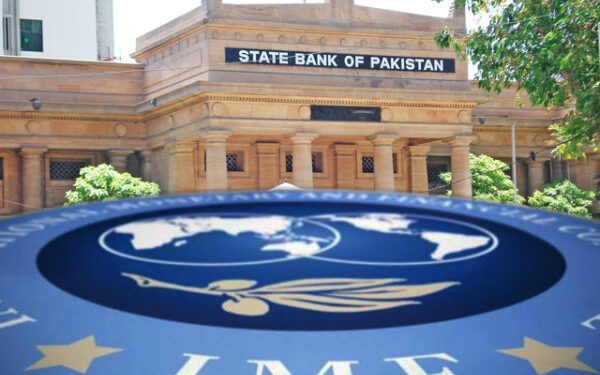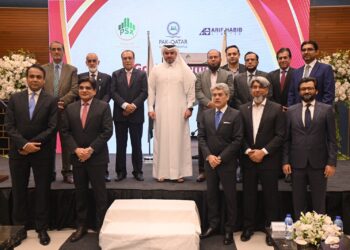ISLAMABAD: Finance Minister Muhammad Aurangzeb expressed hope that the International Monetary Fund (IMF) program will continue but he dodged a question on whether the government will bring a new budget or renegotiate the year-long tax target that is causing the shortfall.
Broadening the tax base. Its challenges suddenly increased as the Federal Board of Revenue barely achieved 50 percent of the monthly tax target of Rs1.37 trillion till Thursday.
There are 5 days left before the end of the month and the FBR needs another Rs1 trillion to meet the IMF condition.
The government also hinted at a compromise with commercial banks on the issue of an additional 15 percent advance-to-deposit tax.
It admitted that non-filers will still be allowed to legally transact except for purchases of property, cars and shares.
When the IMF mission comes, we will talk to them in good faith because we are making every effort to achieve the target. He said that under one of the IMF conditions, the FBR needs to collect Rs6.009 trillion during July-December of the current fiscal year.
The Finance Minister said that the target of 40 percent growth this year was ambitious compared to the 29 percent increase in tax collection in the previous fiscal year.
He said that some tax policy and economic assumptions did not work, as a result of which the FBR fell behind its target. If we do not give any surprises to the IMF, then there will be no problem.
He said that tax reforms are an important part of the government’s structural reform agenda. Deficits have to be controlled to control inflation.
He said that the process of tax system reforms is underway to achieve economic stability, increasing revenue is the government’s top priority and the target is to take the tax-to-GDP ratio to 13.5 percent in three years, deficits will have to be controlled to control inflation.
They are trying to bring transparency through digitalization, they say that the goal is to control incidents of corruption and harassment, digitalization will also increase revenue, 4 to 5 months of design work was done, approval was given in September, now digitalization is being implemented.
They want to control tax gaps and leakages through data analysis, where there are leakages, sugar, cement and textile sectors are also included.
The Federal Finance Minister said that deficits will have to be controlled to control inflation, inflation has come down from 30, 40 percent to 5 percent.
On this occasion, Minister of State for Finance Ali Pervez Malik said that he wanted not only the salaried class and industry to bear the entire burden, but also the people of status to make a legitimate contribution to the development of Pakistan.

























